Browse
By Title
-
 Published January 2025
Published January 2025 Value and Worthlessness
The Rise of the Populist Right and Other Disruptions in the Anthropology of Capitalism
Kalb, D.
Advocating for an interdisciplinary Marxist anthropology of the present, this book uses historical and global anthropology to engage with history, theory, unevenness, and comparison, while using “global ethnography” and “hidden histories” as the keys to social discovery.
Subject: Political and Economic Anthropology
-
 Published May 2014
Published May 2014 Vanished History
The Holocaust in Czech and Slovak Historical Culture
Sniegon, T.
“This book opens up important issues not dealt with extensively in the historiography so far. Unlike with some other post-Communist countries, and Poland in particular, there hasn't been that much interest in the topic of commemoration and historicisation of the Holocaust in post-Communist Czechoslovakia…The author should be praised for the critical distance with which he approaches the historical cultures in both parts of former Czechoslovakia and its actors.” · Michal Frankl, Jewish Museum in Prague
Subjects: Genocide History History: World War II Jewish Studies
Hb
Paperback available -
 Published September 2024
Published September 2024 Vanquished and Victorious
World War One Veterans in Austria and Czechoslovakia, 1918-1938
Šmidrkal, V., Cole, L., Leidinger, H., Kučera, R., Walleczek-Fritz, J., & Šustrová, R.
Innovatively providing a comparative investigation of Austria and Czechoslovakia as key ‘successor states’ of the Habsburg Empire, Vanquished and Victorious reviews the considerable gaps in our understanding of the role veterans played.
Subjects: History: World War I History: 20th Century to Present
-
 Published February 2014
Published February 2014 Variations on Uzbek Identity
Strategic Choices, Cognitive Schemas and Political Constraints in Identification Processes
Finke, P.
“…a meticulous study of ethnic groups faring in different regions of contemporary Uzbekistan. Nowadays, when there are so many unjustifiable restrictions imposed by the Karimov regime for foreign students who are eager to study Uzbek society, this book is a lucky example of a scholar who managed, in spite all restrictions, to conduct and complete substantial fieldwork research in four regions of Uzbekistan.” · Alisher Ilkhamov, Independent Scholar
Subjects: Anthropology (General) History (General) Sociology
Hb -
eBook available
 Published August 2014
Published August 2014 Vehicles
Cars, Canoes, and Other Metaphors of Moral Imagination
Lipset, D. & Handler, R. (eds)
On-the-ground vehicles offer themselves as rich metaphors for the moral imagination, for thinking about ethical dimensions of the social. Vehicles presents a collection of ethnographic essays on the metaphoric significance of vehicles in different cultures, from canoes in Papua New Guinea to cars in contemporary China, Japan, and Eastern Europe. Vehicles not only “carry people around,” but also “carry” how they relate to culture, politics and history.
Subjects: Transport Studies Anthropology (General) Cultural Studies (General)
Hb
Paperback available -
eBook available
 Published February 2020
Published February 2020 Velvet Retro
Postsocialist Nostalgia and the Politics of Heroism in Czech Popular Culture
Pehe, V.
This innovative study develops the concept of “retro” to describe the nuanced and ironic depiction of the past as seen in Czech popular culture. It locates a distinctively retro aesthetic in Czech literature, film, and other cultural forms, enriching our understanding of not only the nation’s memory culture, but also the ways in which popular culture can structure collective memory.
Subjects: Cultural Studies (General) History: 20th Century to Present Film and Television Studies Memory Studies
Hb
Paperback available -
eBook available
 Published September 2021
Published September 2021 Vertiginous Life
An Anthropology of Time and the Unforeseen
Knight, D. M.
Through individual stories from crisis Greece, this book explores the everyday effects of vertigo: nausea, dizziness, breathlessness, the sense of falling, and unknowingness of Self. Being lost in time, caught in the spin-cycle of crisis, people reflect on belonging to modern Europe, neoliberal promises of accumulation, defeated futures, and the existential dilemmas of life held captive.
Subjects: Anthropology (General) Sociology
Hb
Paperback available -
 Published April 2008
Published April 2008 Victor Turner and Contemporary Cultural Performance
St John, G. (ed)
Subjects: Performance Studies Anthropology (General) Cultural Studies (General)
Hb -
eBook available
 Published October 2011
Published October 2011 Vienna Is Different
Jewish Writers in Austria from the Fin-de-Siècle to the Present
Herzog, H. H.
Subjects: Jewish Studies History: 20th Century to Present Literary Studies
Hb
Paperback available -
eBook available
 Published January 2019
Published January 2019 Views of Violence
Representing the Second World War in German and European Museums and Memorials
Echternkamp, J. & Jaeger, S. (eds)
The modern vision of historical violence has been immeasurably influenced by cultural representations of the Second World War. This volume takes a historical perspective on World War II museums and explores how these institutions came to define the broader European, and even global, political contexts and cultures of public memory.
Subjects: Museum Studies History: World War II Memory Studies
Hb
Paperback available -
eBook available
 Published October 2015
Published October 2015 Viktor Frankl's Search for Meaning
An Emblematic 20th-Century Life
Pytell, T.
Viktor Frankl was a psychiatrist and philosopher who survived the Holocaust and went on to found the third school of Viennese psychotherapy. By critically examining the details of his intellectual life, including some previously unknown biographical details, we can begin to see the fascinating ambiguities and contradictions in Frankl’s thought.
Subject: History: 20th Century to Present
Hb
Paperback available -
 Published December 1993
Published December 1993 Villages in the Steppe
Late Neolithic Settlement and Subsistence in the Balikh Valley, Northern Syria
Akkermans, P. M.
In this book, Akkermans provides a systematic overview of the Halaf culture in the Syrian portion of the valley of the Balikh River, a tributary of the Euphrates.
Subject: Archaeology
Hb
Paperback available -
 Published August 2016
Published August 2016 Violent Becomings
State Formation, Sociality, and Power in Mozambique
Bertelsen, B. E.
Violent Becomings sheds light on violence in the periods of colonial and postcolonial state formation by conceptualizing the state not as the bureaucratically ordered polity of the nation-state, but as a continuously evolving and violently challenged mode of social ordering.
Subjects: Anthropology (General) Peace and Conflict Studies Colonial History
Paperback available -
eBook available
 Published November 2009
Published November 2009 Virtualism, Governance and Practice
Vision and Execution in Environmental Conservation
Carrier, J. C. & West, P. (eds)
Subjects: Environmental Studies (General) Development Studies Anthropology (General) Applied Anthropology
Hb
Paperback available -
 Published March 2011
Published March 2011 Vision and Change in Institutional Entrepreneurship
The Transformation from Science to Commercialization
Drori, I. & Landau, D.
Subject: Applied Anthropology
Hb -
eBook available
 Published September 2023
Published September 2023 Visions of Humanity
Historical Cultural Practices since 1850
Kunkel, S., Jessica Gienow-Hecht, J., & Jobs, S. (eds)
Visions of Humanity focuses on the promises and problems, the successes and the failures of “humanity” as an idea since the 19th century. Through an international set of contributions, the volume examines the hopes and ambiguities involved in constructing, invoking, and instrumentalizing the “we” of humanity.
Subjects: History (General) Cultural Studies (General)
Hb -
eBook available
 Published July 2023
Published July 2023 Visions of Marriage
Politics and Family on Kinmen, 1920-2020
Chiu, H.-C.
Grounded in multi-generational stories from Kinmen in Taiwan, Visions of Marriage explores the historical entanglements between the pursuit of new personal and national futures. Focusing on the relational and future-making aspects of marriage, the ethnography highlights the intersection of transformations across familial generations and shifting political economies in Taiwan, and more globally. It provides comparative insights on family change and demographic shifts in Asia.>
Subjects: Anthropology (General) Sociology Gender Studies and Sexuality
Paperback available -
eBook available
 Published March 2012
Published March 2012 Visions of the End of the Cold War in Europe, 1945-1990
Bozo, F., Rey, M.-P., Ludlow, N. P., & Rother, B. (eds)
Subject: History: 20th Century to Present
Hb
Paperback available -
eBook available
 Published December 2017
Published December 2017 Visitors to the House of Memory
Identity and Political Education at the Jewish Museum Berlin
Bishop Kendzia, V.
By accompanying a range of senior high school history students before, during and after their visits to the museum, Visitors to the House of Memory is an intimate exploration of how young Berliners from across the city experience the Jewish Museum Berlin.
Subjects: Museum Studies Jewish Studies Educational Studies Memory Studies
Hb
Paperback available -
 Published December 2007
Published December 2007 Visual Interventions
Applied Visual Anthropology
Pink, S. (ed.)
Subjects: Applied Anthropology Media Studies
Hb
Paperback available -
eBook available
 Published November 2017
Published November 2017 Vital Diplomacy
The Ritual Everyday on a Dammed River in Amazonia
Nahum-Claudel. C.
Focusing on the major ceremonial cycle of the Enawene-nawe people, Vital Diplomacy sheds new light on classic Amazonian themes such as manioc cultivation and cuisine, predatory relations with non-humans, and the interplay of myth and practice, and to consider dynamics of kin, clan, and gender relations, the meaning of productive work, and practices of foreign diplomacy.
Subjects: Anthropology (General) Cultural Studies (General)
Hb
Paperback available -
 Published January 1998
Published January 1998 Vladimir Odoevsky and Romantic Poetics
Collected Essays
Cornwell, N.
Subject: Literary Studies
Hb -
 Published April 2001
Published April 2001 Voices From the Void
The Genres of Liudmila Petrushevskaia
Dalton-Brown, S.
Subject: Literary Studies
Hb -
 Published October 2024
Published October 2024 Voices in the Dark
The Energy Lives of Refugees
Rosenberg-Jansen, S.
In refugee camps all over the world, refugees are forced to secure their own access to energy and are provided with limited cooking resources and minimal electricity. Voices in the Dark draws upon a decade of original research to provide evidence on the energy lives of refugees.
Subjects: Refugee and Migration Studies Political and Economic Anthropology Sustainable Development Goals
-
 Published September 2000
Published September 2000 Voices in Times of Change
The Role of Writers, Opposition Movements, and the Churches in the Transformation of East Germany
Rock, D. (ed)
Subjects: Literary Studies History: 20th Century to Present Sociology
Hb -
 Published January 2024
Published January 2024 Voices of Long-Term Care Workers
Elder Care in the Time of COVID-19 and Beyond
Freidus, A. & Shenk, D.
Based on extensive narrative interviews, this collection of essays reflects on the participants’ individual experiences and represents the voices of staff and caregivers working in long-term residential care communities, in-home and community-based programs, as well as regional aging service providers and advocates.
Subjects: Medical Anthropology Sociology Applied Anthropology
-
 Forthcoming April 2026
Forthcoming April 2026 Voices of the Dunera
Ernst Kitzinger, Exile and Essays on Internment
Spark, S., Garrett, K. & McNamara, A.
Ernst Kitzinger, a 20th-Century art historian, was one of 2,500 men arrested in 1940 as ‘enemy aliens’ and deported from Britain to Australia aboard the HMT Dunera. Incarcerated in Hay, Kitzinger and his fellow internees mused on their lot through powerful prose and poetry, published here for the first time.
Subjects: Jewish Studies History: World War II Genocide History Refugee and Migration Studies
-
 Published August 2008
Published August 2008 Voices of the Valley, Voices of the Straits
How Protest Creates Communities
Porta, D. della & Piazza, G.
Subject: Sociology
Hb -
eBook available
 Published June 2020
Published June 2020 Voices on War and Genocide
Three Accounts of the World Wars in a Galician Town
Bartov, O. (ed)
Taking as its point of departure Omer Bartov’s acclaimed recent monograph Anatomy of a Genocide, this volume brings together three extensive and previously unknown accounts of residents from the Ukrainian town of Buczacz, covering events during and between both world wars.
Subjects: History: World War II Jewish Studies Genocide History
Hb
Paperback available -
eBook available
 Published August 2009
Published August 2009 Voyage Through the Twentieth Century
A Historian's Recollections and Reflections
Klemperer, K. von
Subject: History: 20th Century to Present
Hb
Paperback available

 Published January 2025
Published January 2025 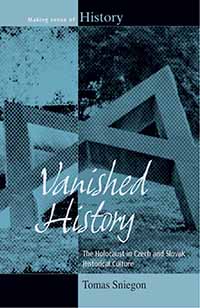 Published May 2014
Published May 2014 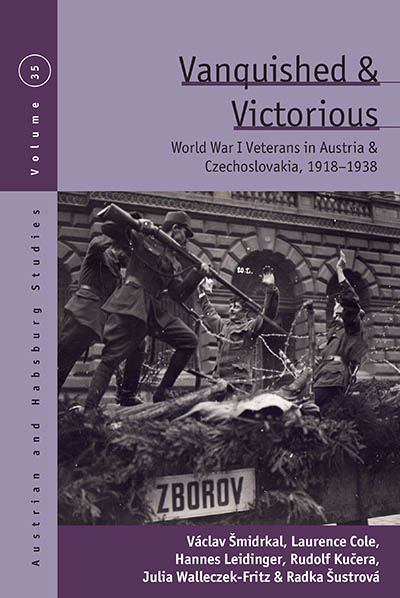 Published September 2024
Published September 2024 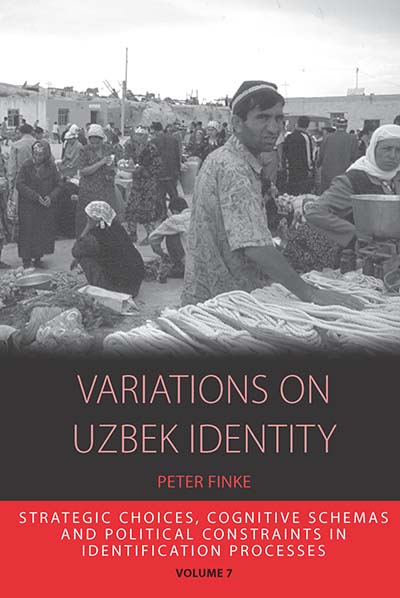 Published February 2014
Published February 2014 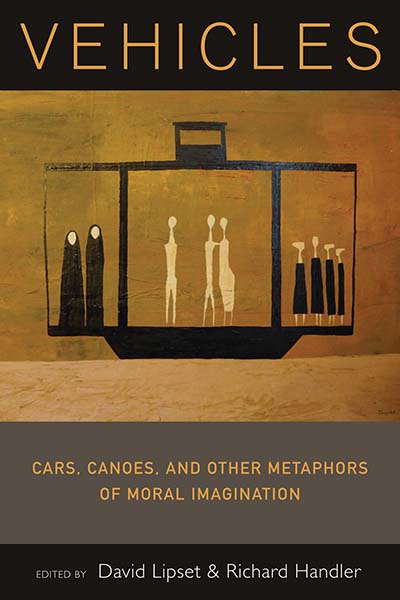 Published August 2014
Published August 2014 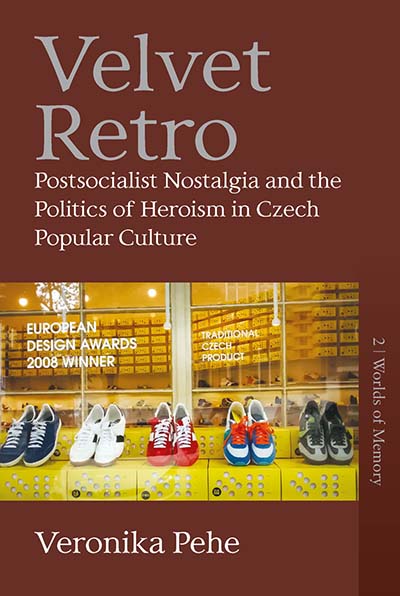 Published February 2020
Published February 2020 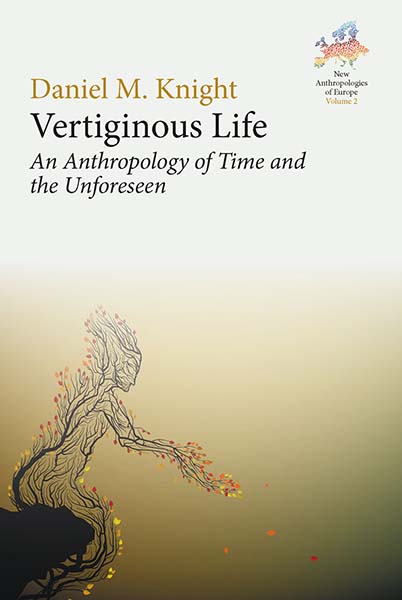 Published September 2021
Published September 2021 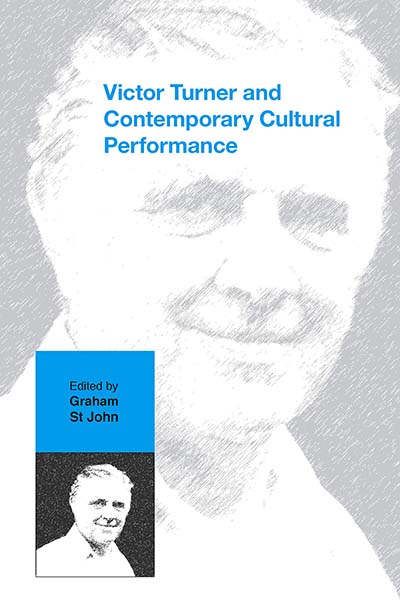 Published April 2008
Published April 2008 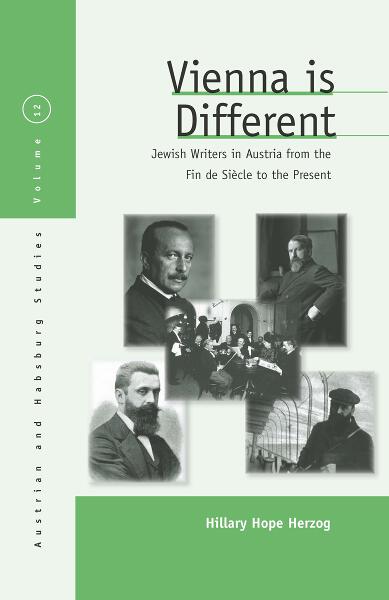 Published October 2011
Published October 2011 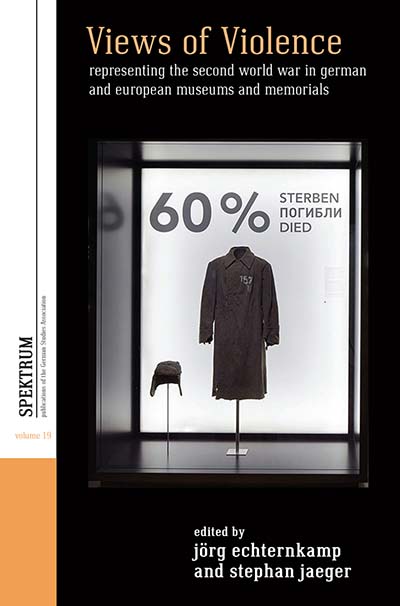 Published January 2019
Published January 2019 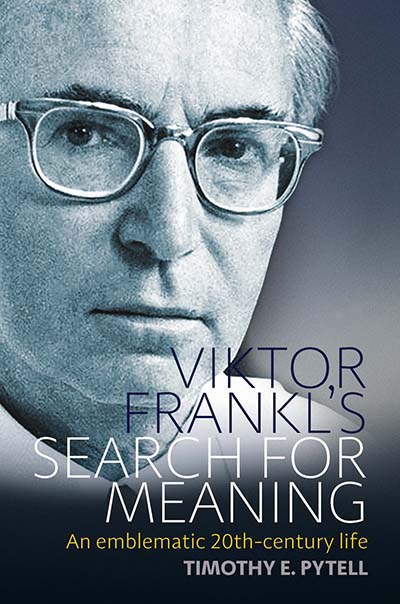 Published October 2015
Published October 2015 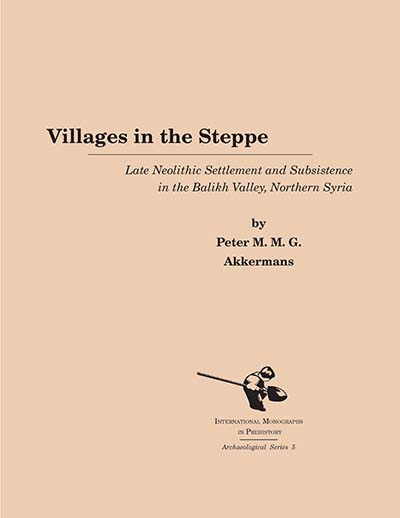 Published December 1993
Published December 1993 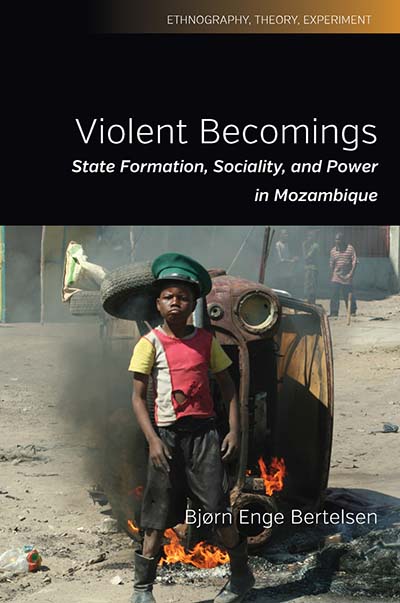 Published August 2016
Published August 2016 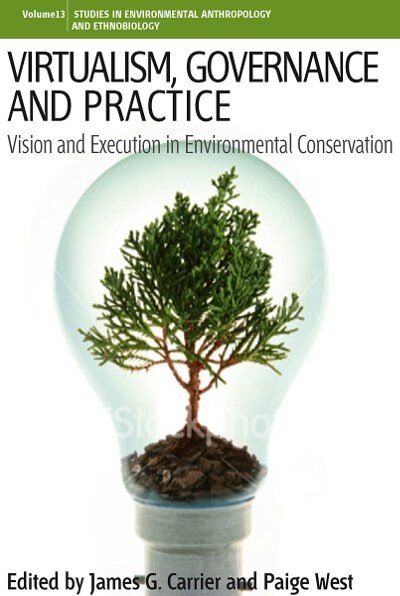 Published November 2009
Published November 2009 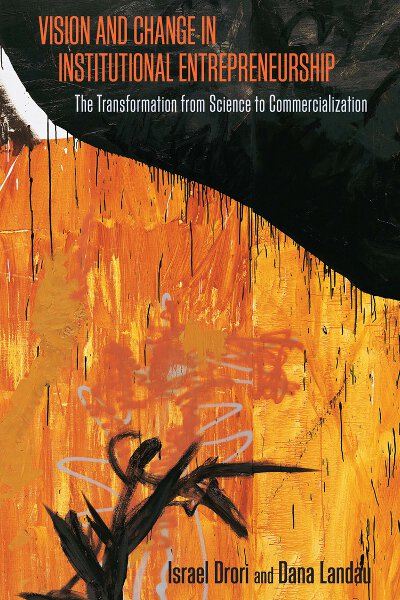 Published March 2011
Published March 2011 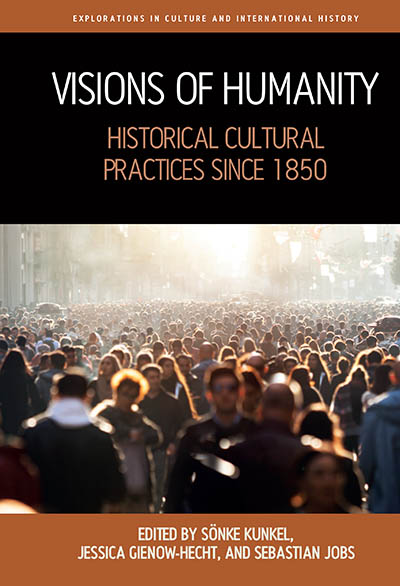 Published September 2023
Published September 2023 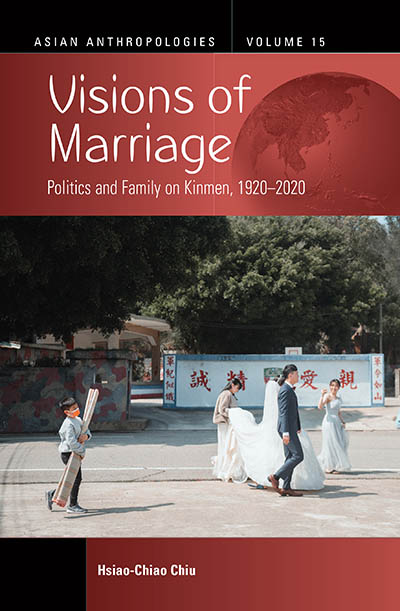 Published July 2023
Published July 2023 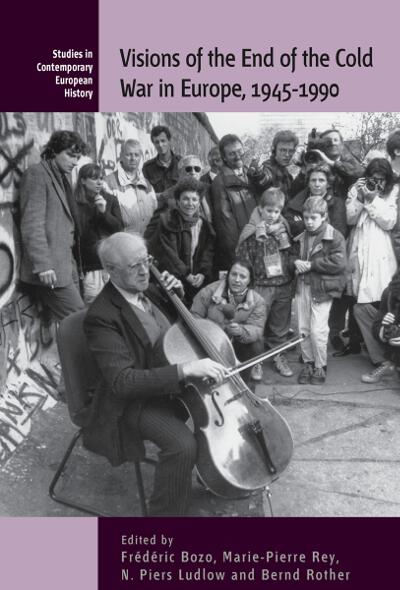 Published March 2012
Published March 2012 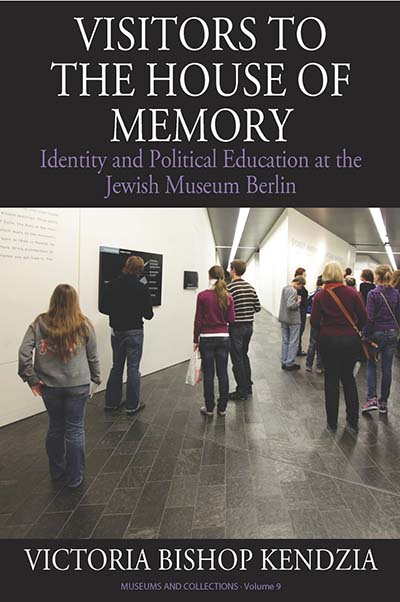 Published December 2017
Published December 2017 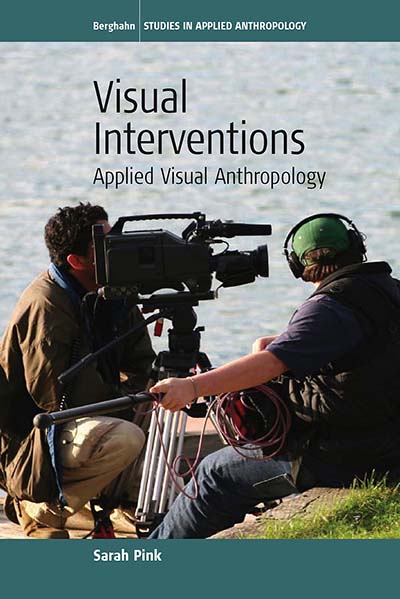 Published December 2007
Published December 2007 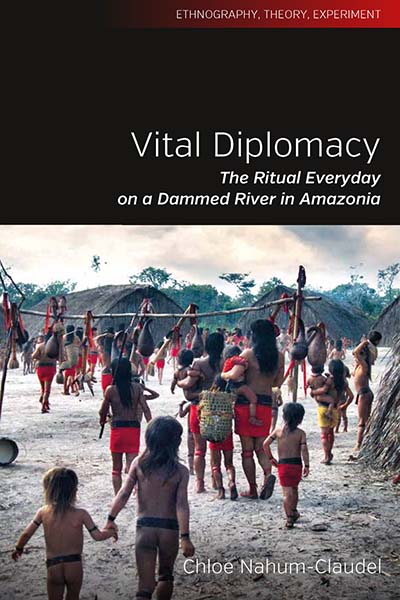 Published November 2017
Published November 2017 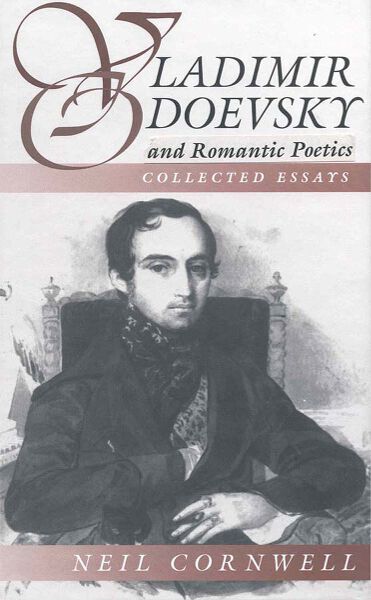 Published January 1998
Published January 1998 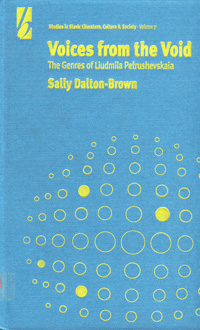 Published April 2001
Published April 2001 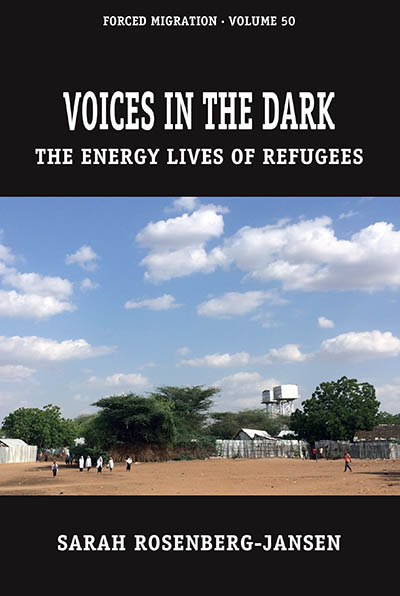 Published October 2024
Published October 2024 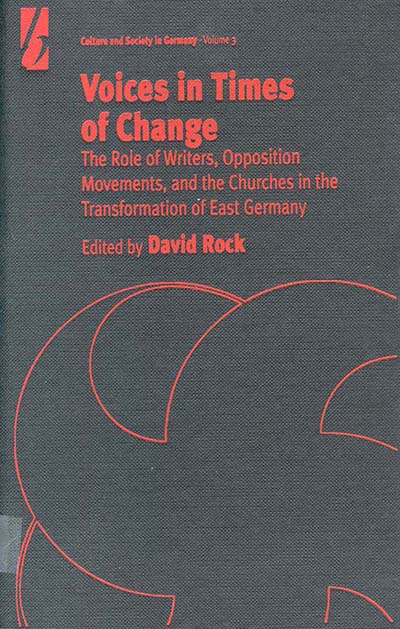 Published September 2000
Published September 2000  Published January 2024
Published January 2024  Forthcoming April 2026
Forthcoming April 2026 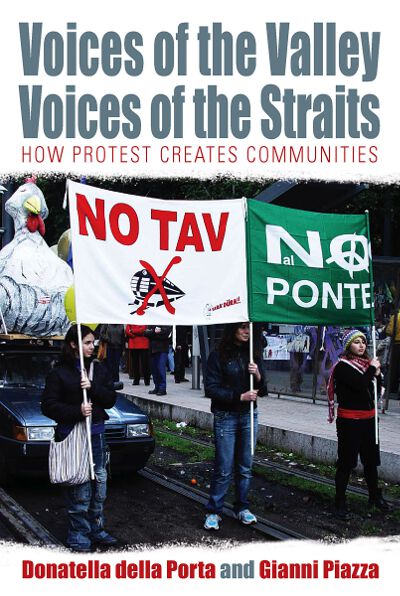 Published August 2008
Published August 2008 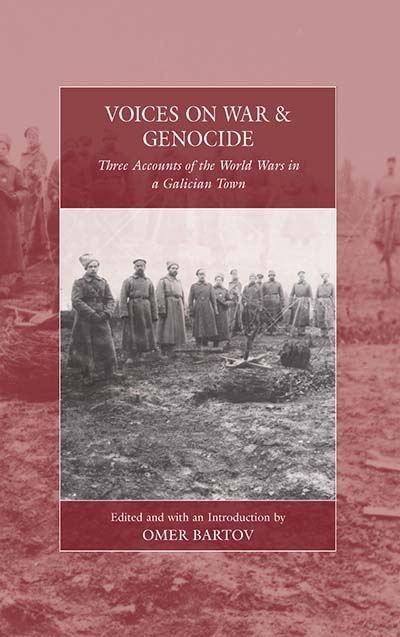 Published June 2020
Published June 2020 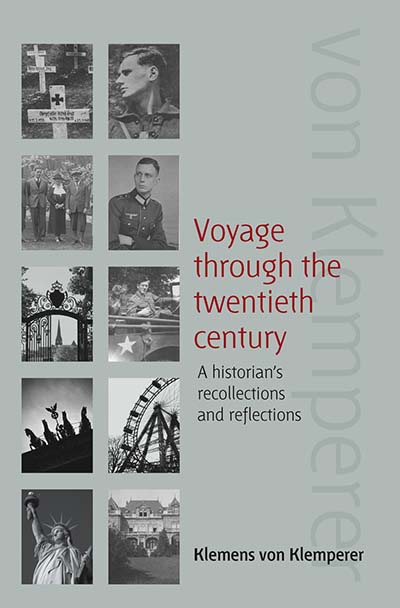 Published August 2009
Published August 2009